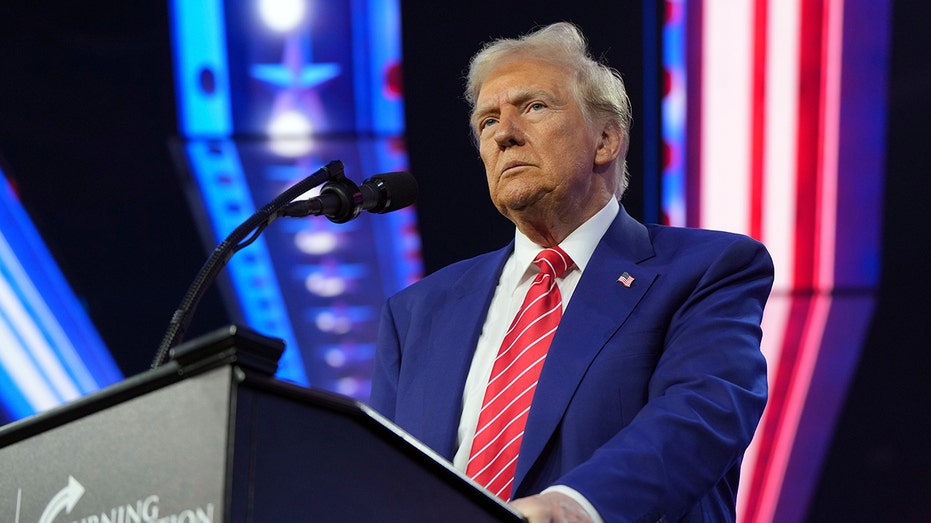
Illinois’ population declined from 12.9 million in 2011 to 12.5 million in 2023, while our neighboring states have been seeing population growth.
There is something wrong with this picture. Many of those who departed our state, such as billionaire Ken Griffin, took with them much higher-than-average wealth, tax-generating income and job-building creativity. Can we shape an atmosphere that attracts rather than repels the creative class? Not easy; not impossible.

Gov. JB Pritzker’s budget office just predicted that Illinois faces a $3 billion deficit next fiscal year, even before all the federal pandemic money has run out. If history is a guide, the deficit will be even larger than predicted, absent tax increases.
In 2002, the state comptroller reported that Illinois had net assets of negative $6 billion . In 2020, just prior to the gusher of federal pandemic largesse, our net assets had “reached” negative $194 billion . (Net assets are cash and physical property minus accounts payable and long-term liabilities, as in pension and health care benefits.
) That is why Pritzker so desperately tried to increase taxes his first year in office, by constitutional amendment, only to be soundly rebuffed by voters. Our fiscal plight is compounded by huge legacy pension liabilities, expensive health care costs for the nearly 4 million residents (30% of all Illinoisans) receiving state-federal Medicaid health care, and slow-growing revenue trends. Unfortunately, Illinois has been sending out all the wrong signals.
An advisory ballot proposition this Nov. 5 asked voters if they favored a special, much higher tax on millionaires. Surprise, surprise, it was adopted.
(The best tax is one on thee and not on me.) So, look for the crushing Democratic majorities in Springfield to put a binding proposal on the ballot in 2026. The consequences would simply drive out more of the wealth and job-generating folks.
We do indeed have, to my mind, a national problem of inequitable wealth distribution. That is, billionaires should pay more in taxes than they typically do, as they benefit massively from being able to operate from the U.S.
But, we cannot resolve these inequities at the state level, as states are competing with one another for economic development. For example, many Illinoisans depart for fast-growing Florida, Tennessee or Texas because there are no state income taxes there. Many of my friends live in Florida six months a year (or less) and avoid the 4.
95% Illinois income tax. So, if Illinois has to increase taxes next year, or soon thereafter, how can we do so without sticking it to our wealth and job creators? No tax is painless, yet some are easier to digest than others. Those that would generate revenue without putting up a red flag to job creators include: imposing sales taxes on a number of services, as in Iowa; imposing the sales tax on some of the 89 items and uses, big and small, that are exempt, such as farm chemicals and machinery, photo processing materials, bull semen, and “occasional dinners of charitable, religious and educational organizations,” and increasing fees on hundreds of licenses and services.
Editorial: Springfield faces a brutal year of reckoning And of course, cut spending. All these alternative tax ideas would generate pushback from small businesses and individuals, whereas millionaires make up a minority of voters. Thus, I fear that the governor and legislature will take the politically easy way out and go for taxes on those who will then depart in ever greater numbers.
A continuing downward spiral. Alas. As I have written in this section, Illinois has incredible economic strengths in location, highways, rails, rivers, water, research facilities, airport connections.
Don’t stick it to the job creators who can make those strengths hum. Jim Nowlan was president of the Taxpayers’ Federation of Illinois, a business group, in the early 1990s and was for many years a senior fellow at the University of Illinois Institute of Government and Public Affairs. He is co-author of “Illinois Politics: A Citizen’s Guide to Power, Politics and Government.
” Submit a letter, of no more than 400 words, to the editor here or email [email protected] ..















